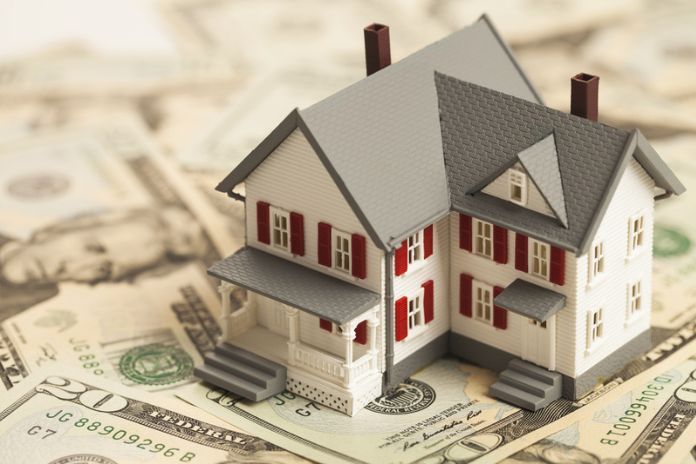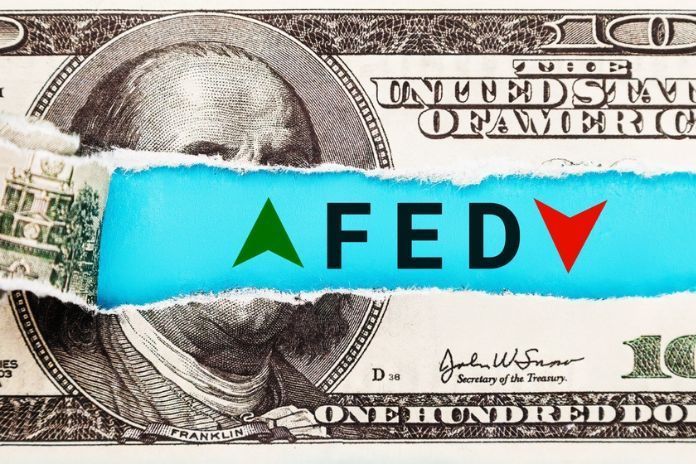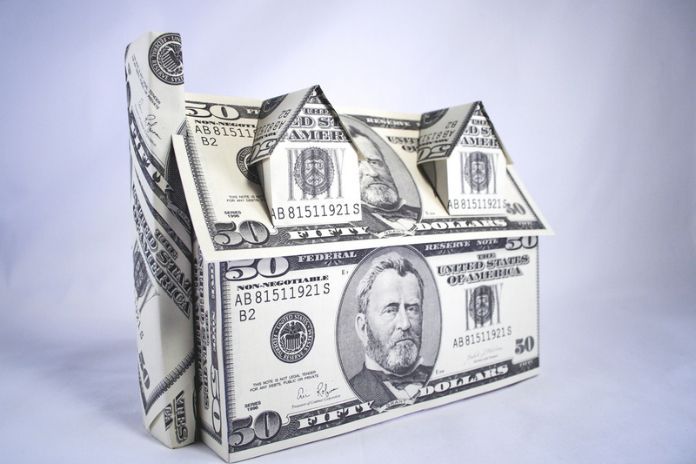What 8% Mortgage Rates Will Do to the Housing Market
(MoneyforAgents.com) – According to Bankrate's weekly national survey of large lenders, the average rate on 30-year fixed mortgages jumped this week, climbing to 7.99 percent, up from 7.75 percent the previous week.
The average rate on 30-year home loans hit its highest point since August 2000, according to Bankrate research.
That was before the Sept. 11 terror attacks led the Federal Reserve to slash interest rates and well before the Great Recession spurred the Fed to keep rates low.
The current run-up in mortgage rates reflects various factors: a resilient U.S. economy, the Fed's ongoing war on inflation, and, more recently, a sharp rise in 10-year Treasury yields, which serve as an informal benchmark for 30-year mortgage rates.
The 8 percent barrier is just one more unwelcome milestone in the upward trajectory of borrowing costs.
"We've seen a tremendous run-up in rates," says Tom Wind, head of Consumer Lending at U.S. Bank. "It's kind of a shock."
Mortgage rates
The national average for 30-year mortgages was 7.99 percent as of Oct. 18.
Average 30-year mortgage rates in the 10 largest metro areas ranged from 7.60% in Chicagoland to 8.13% in Dallas.
What happened to mortgage rates this week?
The 30-year fixed mortgages in this week's survey had an average of 0.48 discount and origination points.
Over the past 52 weeks, the benchmark 30-year fixed-rate mortgage has averaged 6.88 percent. A year ago, the 30-year fixed-rate mortgage was 6.92 percent.
Four weeks ago, that rate was 7.42 percent.
The 30-year fixed-rate average for this week is 1.72 percentage points higher than the 52-week low of 6.27 percent.
As for other loans:
- The 15-year fixed-rate mortgage was 7.19 percent, up from 7.07 a week ago.
- The 5/6 adjustable-rate mortgage (ARM) was 7.39 percent, up from 7.33 percent a week ago.
- The 30-year fixed-rate jumbo mortgage was 7.72 percent, up from 7.64 percent a week ago.
How mortgage rates affect home affordability
The national median family income for 2023 is $96,300, according to the U.S. Department of Housing and Urban Development.
According to the National Association of Realtors, the median price of an existing home sold in August 2023 was $407,100.
Based on a 20 percent down payment and a mortgage rate of 7.99 percent, the monthly payment of $2,387 amounts to 30 percent of the typical family's monthly income.
The sharp rise in mortgage rates has squeezed affordability and sparked a slowdown in home sales.
First-time buyers are especially challenged by this market. Home prices haven't fallen significantly, and values are unlikely to decline, given the shortage of homes for sale.
"Higher mortgage rates have a dual impact on the housing market: reducing affordability for buyers and strengthening the rate lock-in for sellers," says Odeta Kushi, deputy chief economist at First American.
"The combination of reduced affordability and increased strength of the rate lock-in effect is likely to continue to suppress home sales because you can't buy what's not for sale, even if you can afford it," he added.
Will mortgage rates go down?
Some economists see that mortgage rates remain in the 7 percent range, while others aren't ruling out a move to 8 percent, according to Bankrate's October 2023 mortgage rate forecast.
The Mortgage Bankers Association forecasts the 30-year fixed rate to fall to 7.2 percent by the year's end—a prediction nearly an entire percentage point above its forecast from last month.
"The Fed's hiking cycle is likely nearing an end, but while Fed officials have indicated that additional rate hikes might not be needed, rate cuts may not come as soon or proceed as rapidly as previously expected," Mike Fratantoni, chief economist at the Mortgage Bankers Association, said this week during the group's annual conference.
Economists expect to see mortgage rates decrease by the end of 2023.
Still, the strength of the U.S. economy has thrown a wrinkle into those predictions. So has the jump in 10-year Treasury yields.
Many in the industry expect rates to peak at 8 percent. "I think they'll touch the 8 percent level, and then they'll come back down," says Vishal Garg, CEO of lender Better.com.
Mortgage rates are also chained to inflation, a metric the Fed has been working to control. At its September meeting, the central bank opted to keep rates unchanged.
While the Fed doesn't directly set fixed mortgage rates, it does set the tone of the interest-rate environment, and as the central bank has boosted its policy rate from zero in early 2022 to a range of 5.25 percent to 5.5 percent now, mortgage rates have followed suit.
Copyright 2023. MoneyforAgents.com
Money For Agents lets you stop guessing when you get paid and take control of your cash flow. Create an account now and get your commission advance within 2 days or less (often the same day)!










